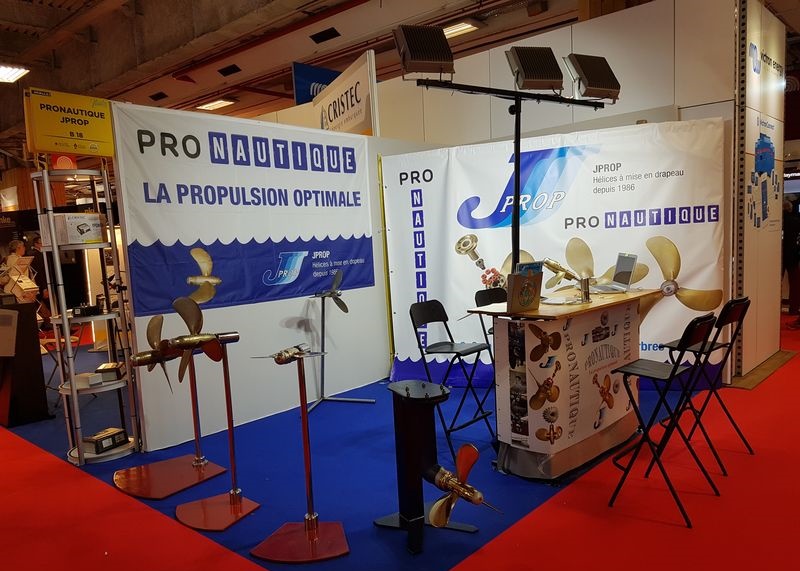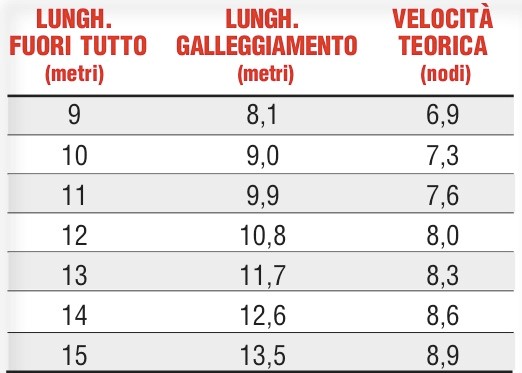
Jprop at the 60th Genoa Boat Show October 2020
06/05/2021
The Jprop propellers at the last Paris Motor Show
07/01/2021The formula “2.43 x square root of the waterline length” determines the maximum theoretical motor speed of a boat sailing at displacement, for example not in planing conditions. This universally recognized formula is a reliable parameter, above all for medium displacement cruising vessels. The maximum speed obtained is, in theory, the one to be obtained sailing in calm seas at maximum engine rpm.
If the speed of the boat is significantly lower than that obtained with the formula, then something is wrong. The reasons can be many: the type of engine, the hull or stern drive dirty, the propeller undersized, of the incorrect model or incorrectly mounted, the boat too heavy or the instruments not calibrated.
The propeller is therefore one of the vital components of the boat, to which motor movements are entrusted and on which performance under sail also depends decisively. In general, shipyards deliver cruising boats with fixed blade propellers, which, if well sized, are considered the most efficient in forward gear, a little less in reverse. Their big disadvantage, however, is the high hydrodynamic resistance when sailing. To deal with this problem, propellers with adjustable blades have been designed, equipped with a mechanism capable of directing the blades so as not to create friction on the water.

